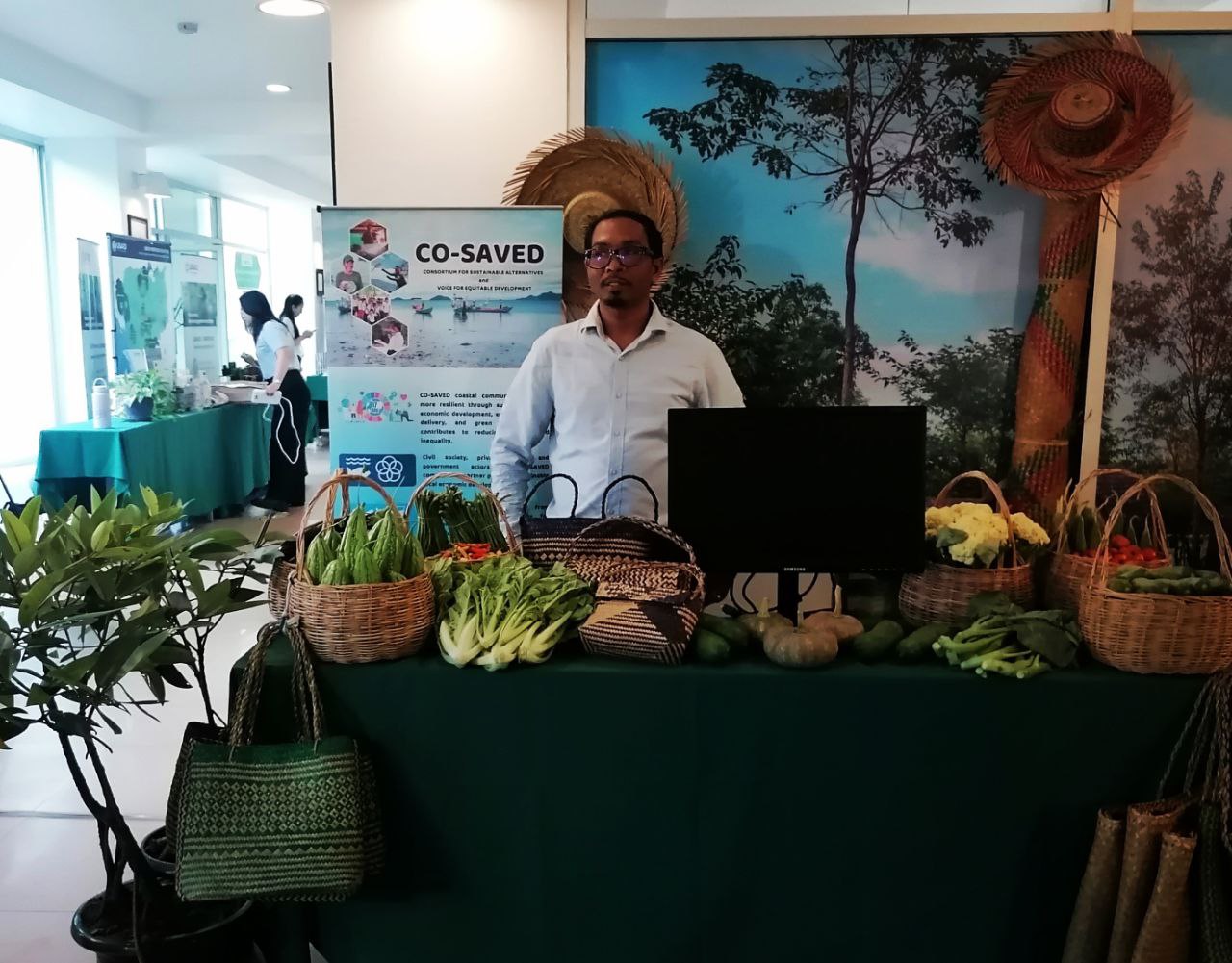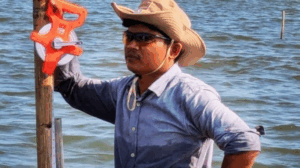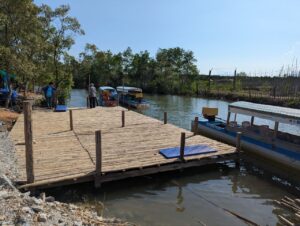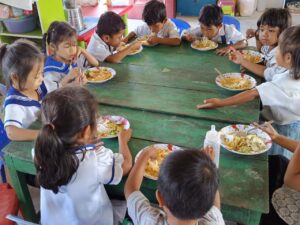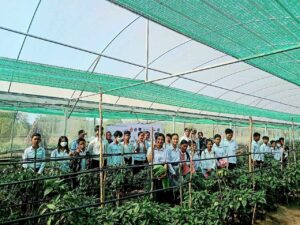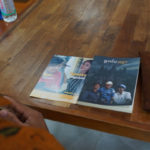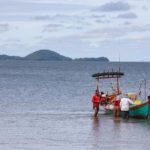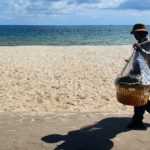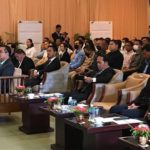As we gather for the Cambodia Climate Change Summit in Sihanoukville, the pressing issue of climate injustice remains at the forefront of our discussions. Action Education / Aide et Action (AEA) engages with policymakers, NGOs, and other stakeholders, recognizing that climate change disproportionately affects local communities and exacerbates inequalities. Our projects empower them to protect Cambodia’s natural resources, such as marine life and mangroves, in order to mitigate climate change.
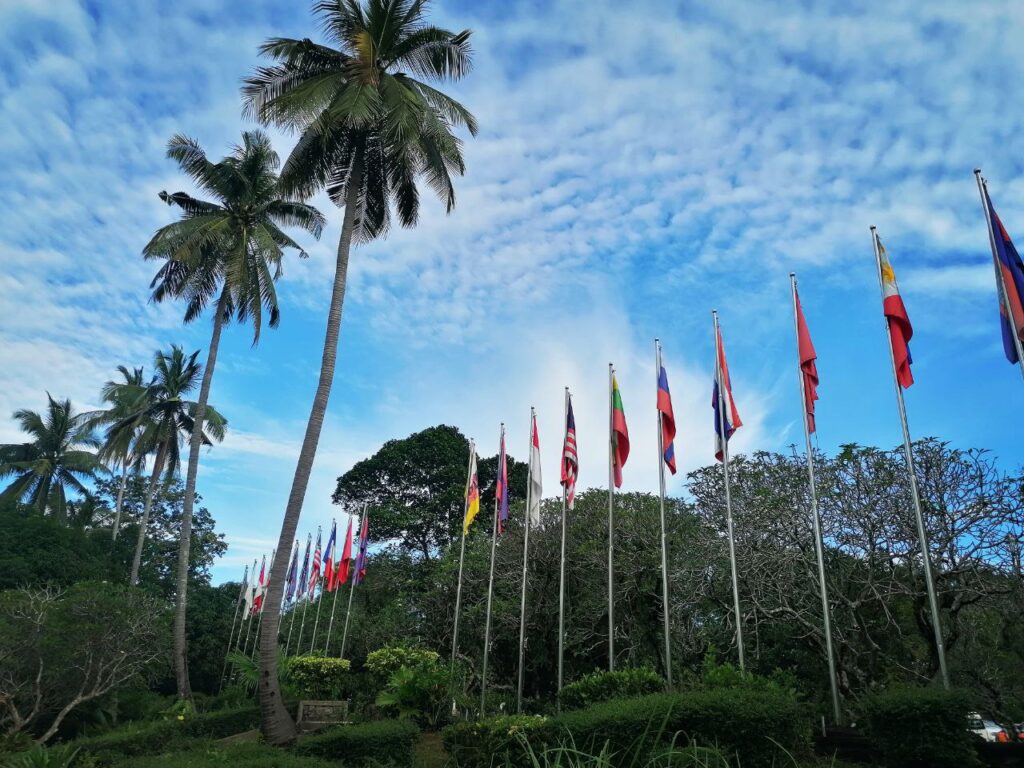
The 2024 theme, “Building Resilience through Sustainable Practices,” emphasizes the urgency to take collective action and foster sustainable development. Our presence at the summit reflects our commitment and promise to unite with partners who share our vision for a resilient future. Together, we can collectively develop actionable strategies that truly address the challenges posed by climate change. This is our moment to inspire hope and ignite change.
At AEA, we are deeply committed to supporting the fishing communities that depend on Cambodia’s rivers, lakes, and coastal areas for their survival. Through the CO-SAVED project, co-funded by the EU, we witness the struggles these communities endure on a daily basis. Decreasing fish catches, polluted waters, and coastal erosion threaten their economic stability and while they seek to pivot to tourism – a vital part of Cambodia’s economy – they face another threat. The forests and beaches that attract tourists are increasingly vulnerable to the ravage of climate change, which robs them of their natural beauty.
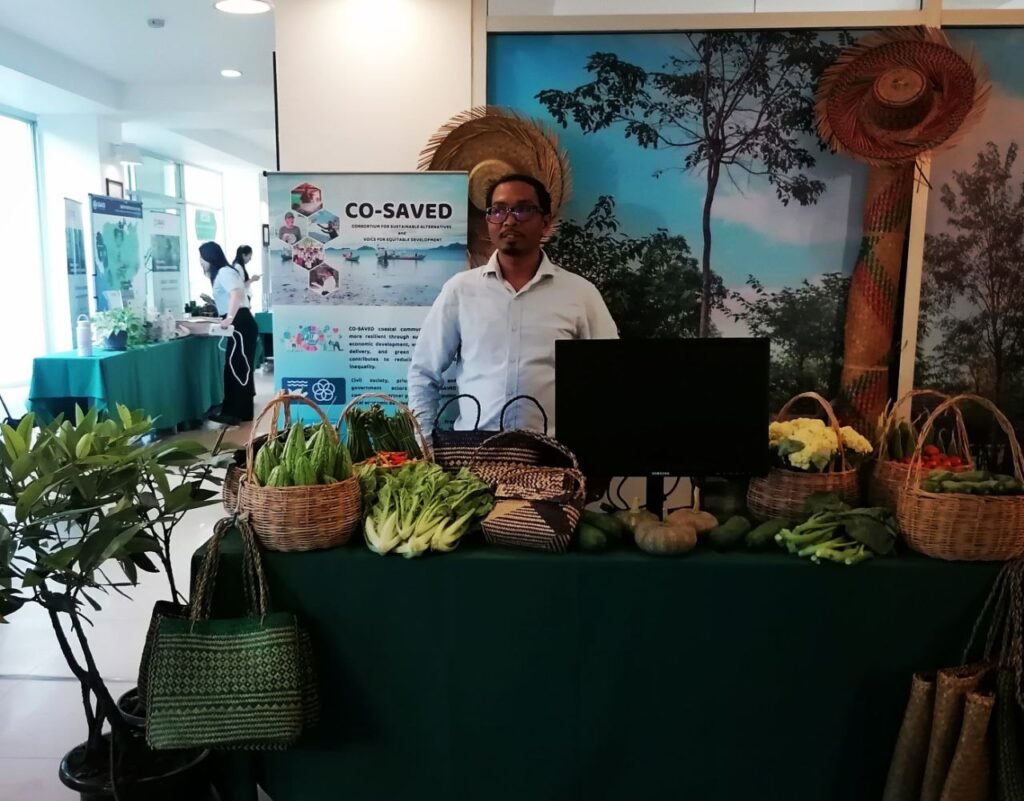
Climate change disrupts ecosystems and threatens biodiversity, inflicting economic blows to small businesses that rely on tourism, putting their jobs and livelihoods at risk. Our NGO is deeply committed to empowering them by promoting sustainable practices that enhance resilience. Together, we must stand by the side of local communities, advocating for their needs and amplifying their voices. By working hand in hand, we can create a path toward a brighter, more sustainable future for all.
Empowering Minds: Education as a Catalyst for Change
Education is more than just a tool for personal empowerment; it’s a powerful catalyst for transformative change in the fight against climate change. Through education, we are nurturing a generation of climate-conscious citizens ready to tackle environmental challenges and foster a culture of sustainability. Education can lead to lasting behavioural change, shifting societal norms toward more sustainable lifestyles, and breaking the ingrained habits that contribute to environmental harm.
Engaging with local communities, we value their resourcefulness in adapting to climate change and learn from their ability to combine traditional knowledge with new practices. Through aquaculture, fishing communities provide a valuable source of protein for their families and create additional income, strengthening food security and resilience to climate impacts. When they are provided with access to clean water, they often use it reasonably, typically washing with a bucket and scoop in a way that saves water resources. When these communities turn to tourism, schools get involved in beach clean-ups, helping to protect the environment while promoting sustainable practices.
By collaborating with local schools, civil society organizations and leaders, AEA prioritizes community involvement in climate action. We support local solutions that empower them in a way that respects their cultures and responds to their needs. We support young people to understand their role in protecting natural resources. Although we want to foster a sense of responsibility, we mainly recognize the importance of hearing marginalized voices and including them in the discussion. This is because we believe in the power of collective action to create a future where every voice matters and every action counts.
Eco-Tourism: From Climate Education To Action
Climate change impacts, such as rising sea levels and higher temperatures, can worsen pollution and harm marine ecosystems, which poses threats to both the environment and the local economy. Specifically, in places like Angkol Beach in Kep, waste – particularly plastic pollution – can have severe consequences. This pollution endangers marine life, disrupts the livelihoods of communities that rely on clean waters for fishing, and diminishes the natural beauty that attracts tourists. Since both locals and visitors can contribute to combating climate change, AEA promotes responsible eco-tourism.
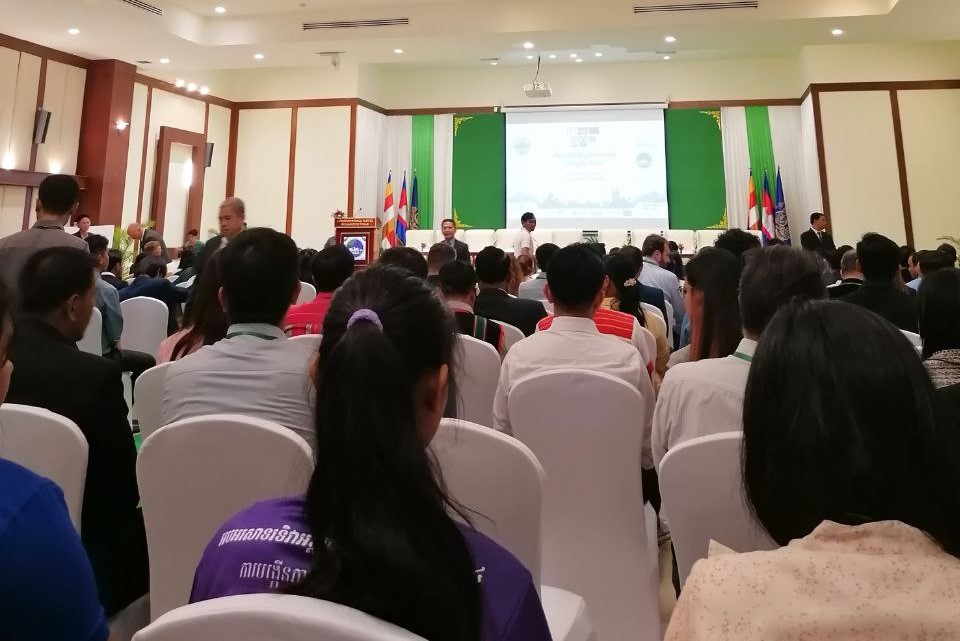
Our NGO stands on the side of fishing communities that are turning to tourism as a way to address climate change. We support them to use their natural resources sustainably, generate income, and advocate for cleaner beaches. AEA informs local vendors about the environmental impact of waste. We intend to encourage them to ask customers to bring or buy reusable containers to reduce plastic waste. Small businesses can also invite tourists to join beach clean-up efforts, highlighting the benefits of these actions for marine life, ecosystems, biodiversity, and resilience to climate impacts.
We also support local initiatives, such as mangrove planting. Mangroves are vital for mitigating climate change, as they capture and store carbon dioxide more effectively than other forests. They also act as natural barriers against storm surges, coastal erosion, and flooding, stabilizing coastlines and protecting communities. Rich in biodiversity, their root systems provide shelter and food for fish, which serve as a source of food and income. By enhancing the potential for mangrove restoration projects to become touristic sites, we support communities to face economic pressure while enabling them to advocate for nature conservation and adapt to changing environmental conditions.
It is clear that cooperation is essential in our fight against climate injustice and the pressing challenges posed by climate change. The 2024 Climate Change Summit reminds us that our collective efforts can lead to effective adaptation strategies. AEA’s commitment to supporting local communities, promoting responsible eco-tourism, and enhancing education reflects our belief that sustainable practices can drive meaningful change. Together, we can ensure that all voices are heard and that our efforts contribute to a more equitable and sustainable future for Cambodia and beyond. Let’s work together, harnessing the power of cooperation to create a brighter tomorrow for all.
